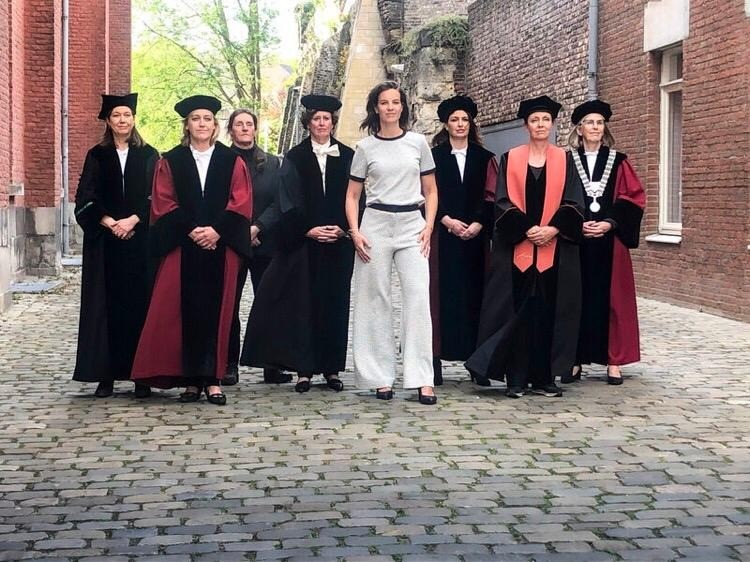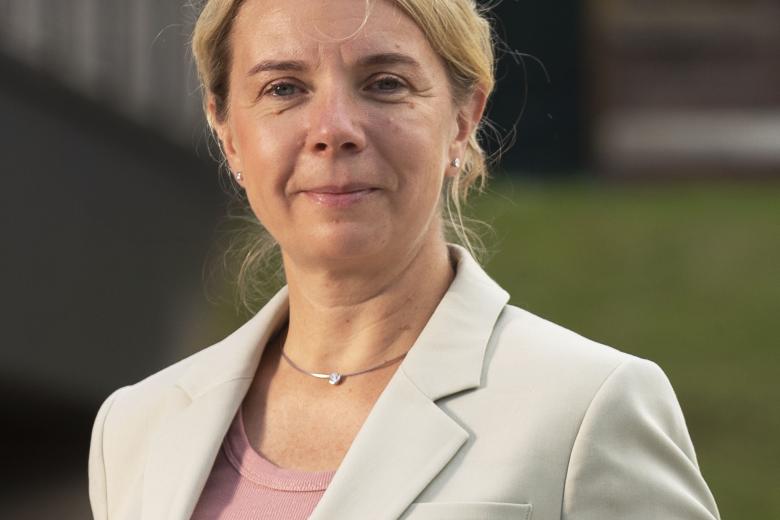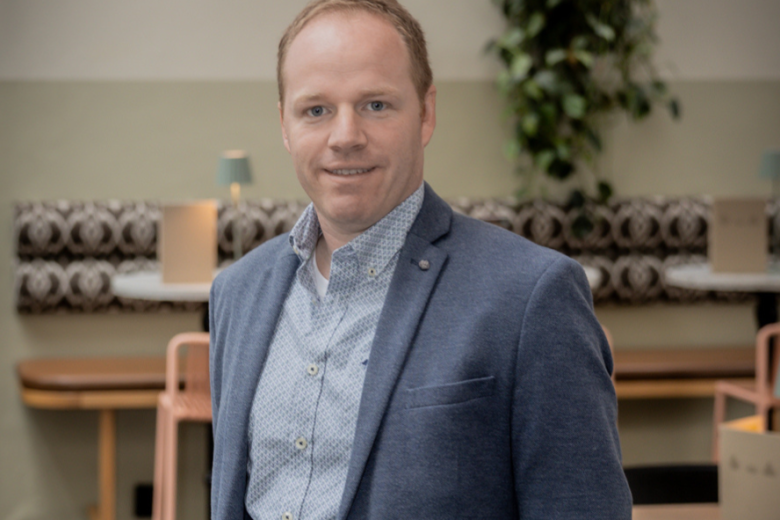Anne Koopmans obtains her PhD with an all-female opposition
Recently, psychiatrist Anne Koopmans (MHeNs) successfully defended her PhD thesis ‘CYP2D6 and CYP2C19 genotyping in psychiatry: Bridging the gap between practice and lab’. She chose an all-female opposition to draw attention to the importance of women in higher academic positions. This was only the second time in the 45-year history of FHML/UM that the full corona consisted of women; the first time this happened was in 2012 (also at FHML).

The corona consisted of Prof. W. Cahn, Prof. S. Kooij, Prof. M. Marcelis, Prof. K. Slotema,
Prof. J. Strik, Dr. M. Drukker and Pro-rector emeritus Prof. M. Baak.
With this, Anne Koopmans wanted to draw attention to the importance of female role models in higher academic positions. Female professors are still in the minority (24%). “There seems to be some movement in this, but if we continue to grow at the current rate, we will only achieve an equal gender distribution among professors in 2041; and that really has to happen faster. Female academics in higher positions help to break stereotypes and can contribute to a cultural shift in an organisation”, says Anne Koopmans.
Her thesis is about the liver enzymes CYP2D6 and CYP2C19 that play an important role in the breakdown of psychopharmaceuticals. The number of active alleles in the DNA determines how fast these enzymes work, and this is translated into a phenotype. This phenotype can vary greatly from person to person and from ethnicity to ethnicity. There is a relationship between the speed of the enzyme and the occurrence of side effects from medication. In her research, she identified the prevalence of the different phenotypes worldwide and studied whether patients who use antipsychotics experience fewer side effects when the dosage of medication is adjusted according to the phenotype. This has produced many results that are relevant to clinical practice.
Also read
-
Harm Askes: “Helping people excel, no need for showmanship.”
Harm Askes, the new vice-dean of FSE “Let’s continue building a faculty where talent shines: no ego, just impact, collaboration, and curiosity."

-
From here …. to a sustainable Maastricht University in 2035
The road to sustainability is certainly not a one-way street and cannot be walked in just one day. Walking the road together takes time and requires dedication and cooperation. In the coming years, we will take steps to make our university more sustainable. The UM Sustainability Roadmap 2030 has...

-
Is prevention cheaper than cure?
Preventing disease is not always cheaper than treating it — but it can be vital for keeping healthcare affordable and accessible. Professor Mickaël Hiligsmann (VHC), newly appointed Professor of Health Preferences and Economics of Prevention at CAPHRI, studies how preventive measures can deliver...
